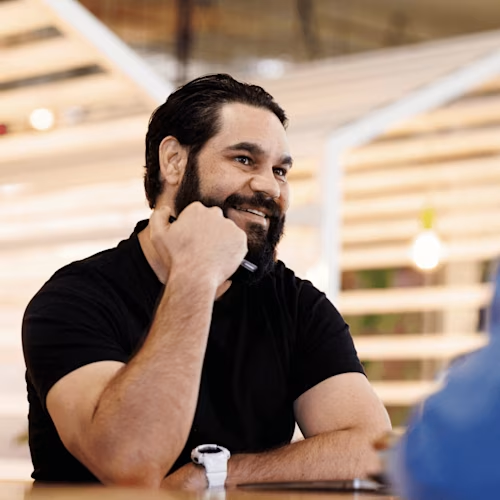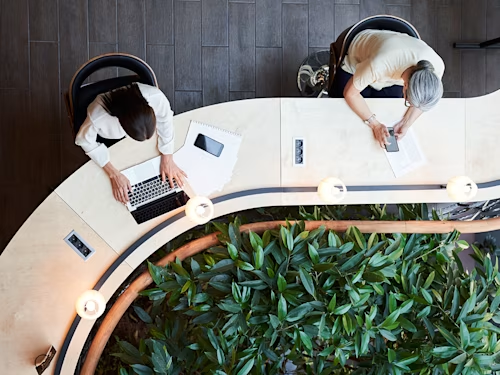
Our office workers have spoken: the rise of the home enterprise
Docusign has surveyed over 2,000 Australian office workers about the impact that the COVID-19 shutdown had on their experience of work. The results are in.

This year will go down in history as the one in which COVID-19 wreaked havoc on the world. The one in which central business districts stood still, and entire cities shut down. Despite the swift end to office life as we knew it, somehow the wheels of business kept turning – just in a different direction. Has the concept of work changed forever, or will things go back to the way they were before?
It’s a big question. And it’s been on our minds at Docusign. We wanted to understand the impact of COVID-19 on Australian office workers. So we asked them. We surveyed 2,008 office workers across Australia about their experience in suddenly shifting to remote work, and their views on what they would like to see come out of the crisis.
The results of this comprehensive survey are explored in detail in our new eBook, The Rise of the Home Enterprise. Here, we share some of the key findings.
By and large, WFH has been a success
The vast majority (91%) of survey respondents were happy with the job their company did to adapt to the challenges of coronavirus. Most Australian workers agreed that they were able to do their jobs effectively (82%) and were able to maintain a healthy work-life balance while working from home (81%).
These positive results point to the resilient and adaptable nature of Australian workers. By and large, people pivoted to the new normal with a smile on their face – even if it meant juggling home schooling, partners potentially out of work, and other new pressures. People did it because they had to; but also because of the support and empathy stemming from their employers and colleagues.
Shaping a new future of work
Having made it through the epicentre of the crisis, it’s natural to wonder, “What’s next?” Only one-fifth (20%) of office workers think that their employers have a plan for a post-coronavirus future; in fact, 40% think their company doesn’t have any plan at all.
Perhaps the workers themselves will shape the plans. Three quarters of respondents (75%) said that the coronavirus would change the way they work for good. And 71% went further to state that they would use this period to redefine how they work in the future.
It’s time for change
Having had a taste of a more flexible way to work, Australian office workers clearly have their sights set on change. Businesses will need to adapt – there’s no going backwards from here. To thrive into the future, they will need to focus on three key areas of growth:
Working strong – Eight in 10 workers believe that working from home is possible for the majority of jobs. To enable this possibility, businesses must focus on creating resilience by dealing with the key motivational and equipment challenges that new circumstances have created.
Working anywhere – Mobility is a key feature of the future of work. Many employees want to retain the ability to work from home, yet not all do. So businesses must continue to embed flexibility into the workplace. As part of this, they need to prioritise new ways of fostering connectedness between employees – with some working in the office and some at home, this will become more important than ever.
Working smart – An interesting finding that came out of the survey was that despite the majority of workers saying they worked harder than ever during the COVID-19 shutdown, less than half (49%) were more productive. If the trend towards remote working remains, businesses will need to find ways to support employees to work smarter, not harder.
Enter a new era: the ‘home enterprise’
In the post-COVID-19 world – in which traditional misconceptions about the limitations of remote working have effectively been quashed – the nine-to-five, office-based workplace is teetering on the brink of extinction. Australian workers clearly want to work in a new way.
We’re calling it ‘the home enterprise’. It’s a way of working that understands that every employee has unique circumstances that impact their roles differently, across age, gender, income, family groups, and more. And it’s enabled by digital transformation, with cloud applications and mobile devices empowering people to create the environment that works for them.
It’s a future in which work remains the ‘what’ … but the ‘how’, ‘where’ and ‘when’ are flexible.
Download our eBook to learn more


Docusign IAM is the agreement platform your business needs


